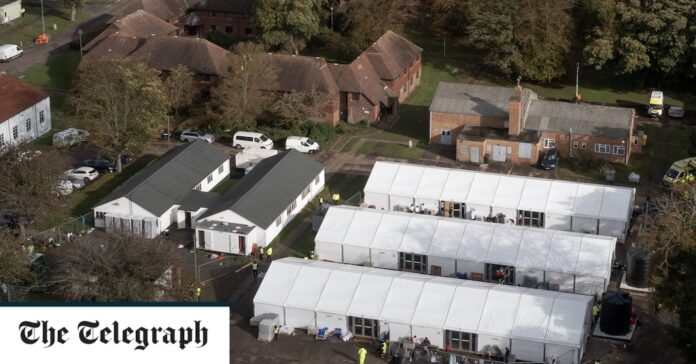The Channel crossings won’t be ended through better bureaucracy, but through changes to the law
As this newspaper’s correspondent back in May 2006, it fell to yours truly to cover the Commons home affairs select committee evidence session with the new home secretary, John Reid. He was the Red Adair of the Blair years, drafted into troubled departments to cap the well before the blow-out engulfed the government.
Then as now, no ministry was more problematic than the Home Office. Reid had been in post for just a fortnight when he gave the committee his considered view of what he had found, gifting the grateful hacks a guaranteed front-page story. “I want to be straight and honest with you because I believe that … in the wake of the problems of mass migration that we have been facing, our system is not fit for purpose,” he said, introducing that now-hackneyed phrase into the political lexicon.
Sixteen years on and Suella Braverman said pretty much the same thing in the Commons on Monday. “We need to be straight with the public. The system is broken. Illegal migration is out of control, and too many people are more interested in playing political parlour games and covering up the truth than solving the problem.”
Both occupants of this great office of state expressed the importance of “being straight with the public” and yet honesty is the one glaring, black hole-sized omission from this debate. Mr (now Lord) Reid thought the answer to controlling immigration – and he was really talking about asylum seeking – lay in improving bureaucratic structures, data processing and woeful information technology, and speeding up decision-making.


